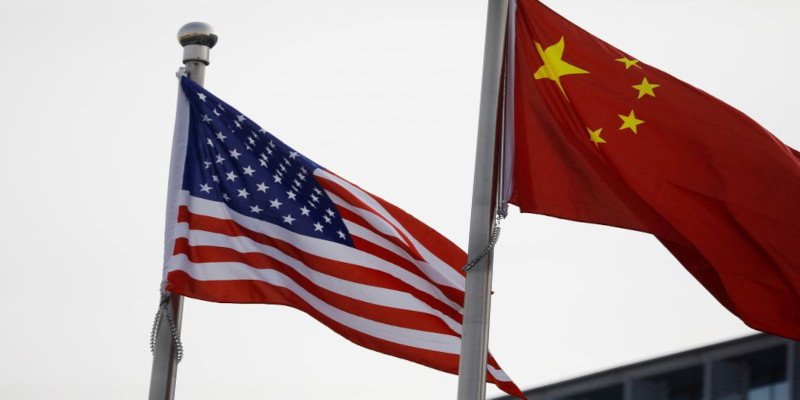In its latest bill to fight China, US provides measures for Tibet, Taiwan, Hong Kong, and Xinjiang, People’s Republic of China’s trouble areas, where it seeks to uphold democratic principles in the face of China’s oppression. The Senate Foreign Relations Committee drafted the 283-page bill to address China’s economic and geopolitical influence.
The US Agency for Global Media will raise funding for Radio Free Asia’s Mandarin, Tibetan, Uyghur, and Cantonese language services, according to Section 136 of the Bill, which deals with how the US will promote independent media and fight misinformation. It also mentioned how China spends a lot of money on influence operations in other countries, including the United States. According to the study, China invested $500,000,000 on an advertisement campaign in Australia to draw cable viewers.
“The United States and European nations share serious concerns about the repressions being supported and carried out by the Chinese government in Tibet, Hong Kong, and Xinjiang,” the bill said, adding that the government should continue to implement measures to address China’s specific abuses in these regions, as well as develop joint mechanisms and programs to prevent the export of China’s authoritarian regime.
According to the Bill, when the US conducts an annual analysis of Chinese companies’ presence in US capital markets, it will look to see whether the business has contributed to the persecution of religious and ethnic minorities in China, such as the Xinjiang Uyghur Autonomous Region or the Tibet Autonomous Regions.
The United States lists Tibetan Buddhists among those among whom it wants to foster democratic and human rights principles in its regional strategies to fight the People’s Republic of China.
The bill also supports the normalization of ties with Taiwan, which China regards as a rebel province. According to Section 212 of the bill, the United States’ policy is to recognize Taiwan as an important part of its Indo-Pacific strategy. The strategy aims to advance Taiwan’s security and democracy as critical elements for the greater Indo-Pacific region’s peace and stability, among other things.
In addition, tensions between India and China have risen as China hires more Tibetans in the midst of a border standoff with India. You can read more about it here:-https://www.tibetanjournal.com/china-recruiting-more-tibetans-amid-border-standoff-with-india/
Picture courtesy:-metro.us







Leave a Reply